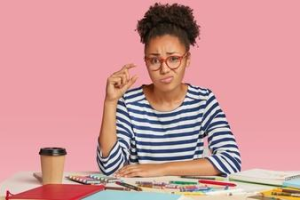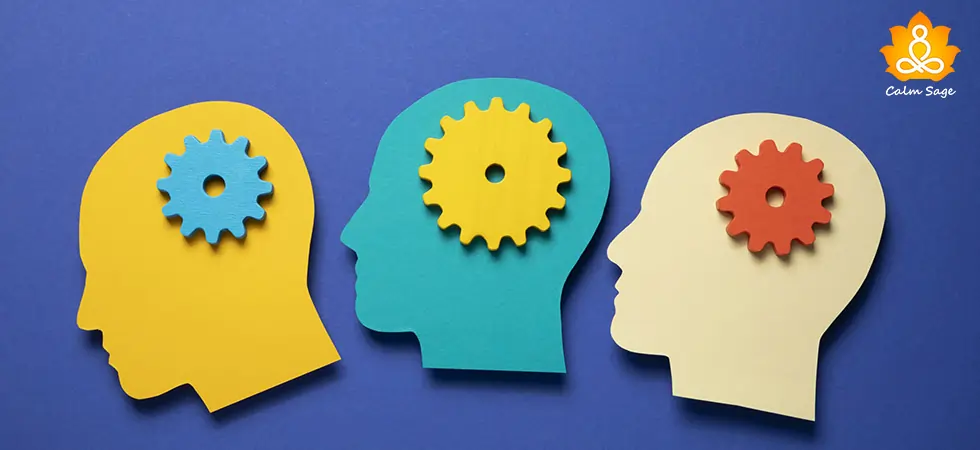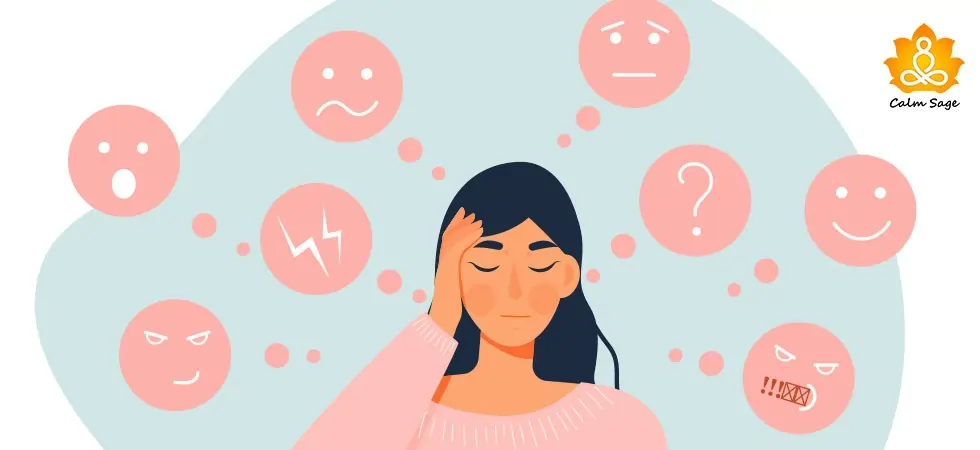Are You A Shopaholic?: Understanding Compulsive Shopping Disorder (Oniomania)

People who are addicted to shopping are referred to as shopaholics. Well, it is also referred to as Oniomania; it is the most socially accepted addiction one can have. We are all addicted to shopping…aren’t we?
Aren’t we all attracted by sales and materialization? When this behavioral addiction starts creating serious issues in someone’s life, it turns out that he/she might be having Oniomania or is a shopaholic.
If you’re addicted to shopping and think that it has started causing issues in your personal life as well, before concluding anything on your own, read the below-mentioned guide to understanding patterns, traits of shopaholics, and tips to cope with it so that you can have the right approach towards treating this behavioral addiction named shopping addiction or compulsive shopping disorder.
Anciently, purchasing something out of happiness was connected to good mental health because people do shopping to just cheer themselves up.
However, recently researchers have pictured this whole new condition with addiction along with poor mental health. So, let’s take a look at what are the symptoms of shopaholics in the next section.
Symptoms of a Compulsive Shopping
1. Low self-esteem

Low self-esteem is one of the most common symptoms you can find while looking for a personality with a shopping addiction or compulsive shopping disorder. Researchers found that shopping used to be a form of increasing or improving your self-esteem. However, low self-esteem can also be related to shopping too much as debt can make you feel worthless or inadequate.
People feel that buying stuff will make them feel better or help them in coping with their emotions. This is somewhat true, shopping makes us happy but when shopping becomes an addiction, it results in reduced self-esteem. However, the good news is that you can treat it with the help of the right approach.
To read what the right approach to treat shopping addiction is, go to the section “seeking help”.
2. Habit of seeking approvals
According to studies, someone who is a shopping addict or has a compulsive shopping disorder shows that they are not polite, sympathetic, or kind-hearted. This also shows that they are so lonely in their life so they try to treat themselves to shopping which provides some positivity in their life.
Moreover, they also shop to improve relationships with others as they tend to have a mentality that shopping will improve everything. Not only this, but they can also be influenced by others easily.
Being kind-hearted and sympathetic are good qualities to keep; it helps in building therapeutic relationships with others. But if you think that you can be easily influenced by people then you should definitely seek help.
3. Emotional issues or breakdown

People with shopping addiction often experience mood swings or mental instability. Meanwhile, studies also show that shopping addiction is related to depression and anxiety. Shopping is used as a tool to lift the spirits of people who are battling mental health issues. But, sadly it is only a temporary solution.
If you feel like you’re shopping to hide your depression or anxiety, please know that you can treat it with psychological therapies as they are more effective and provide permanent solutions to your problems.
4. Poor impulse control
Indeed, impulses are natural especially when we see our favorite brand offering a discount. Most people do it fairly as they know they are buying the stuff with a full conscience. Meanwhile, shopaholics buy stuff with their poor impulse control which is irresistible and overwhelming.
For people with compulsive shopping disorder, shopping is a way of gaining a sense of control that looks insensible to people with good impulse control. Compulsive buying means buying items that are not even needed. However, this habit can be controlled if you know how to deal with it with the right approach.
5. Materialistic

Yes, it may sound hurtful to you but shopaholics are indeed more materialistic people than other types of buyers. They are not interested in owning things; they are just driven by acquiring materials over quality and quantity which clearly explains why shopaholics buy stuff that is not even useful for them.
They buy stuff over generosity or envy which is really surprising. They believe that buying stuff will increase their social status.
Characteristics of a Compulsive Shopping Disorder
People who experience compulsive shopping disorder often experience negative consequences due to the overpowering and irresistible urge to shop.
Below are some of the characteristics of compulsive shopping disorder:
- Financial difficulties due to the purchase of unrequited stuff
- Problems achieving tasks at work, school, or home
- Unnecessarily spending time researching unrequired stuff
- preoccupation with shopping
- Difficulty resisting the purchase of unrequired stuff
Compulsive Shopping Disorder and Other Mental Health Issues
Compulsive shopping disorder can also be experienced along with the following co-occurring mental health issues:
- Eating disorders (binge eating disorder or bulimia)
- Anxiety disorders
- Impulsive control disorders (hair-pulling, skin-picking, or compulsive gambling)
- Mood disorders
- Personality disorder (avoidant, obsessive-compulsive, borderline, depressive personality disorder)
- Substance use disorders
Treatment (Seeking Help)
If you think that you or your loved one is going through a shopping addiction or carries symptoms of shopaholic, getting the right help is important before it starts impacting their mental health more badly.
Shopping is not bad, but when it starts causing issues in your personal or professional life, you can always take the help of a professional counselor who will help you treat your symptoms with the right approach.
According to the research, cognitive behavioral therapy (CBT) can help with reducing compulsive symptoms, help clients in identifying triggers, and teaches coping mechanisms by developing healthy coping skills.
Takeaway: Quick Self-Help Tips to Cope with Compulsive Shopping Disorder
Along with the help of a professional, you can take the help of these below-mentioned coping tips for compulsive shopping disorder:
- Develop new hobbies
- Don’t use shopping as a stress reliever strategy instead look for other stress-relieving strategies
- Stick to a list and buy what’s required
- Enlist a supportive friend
- Pay in cash so that you can use your credit cards in emergency situations
- Unsubscribe yourself from the online shopping platforms
I hope this blog helps you to understand the patterns and traits of shopaholics along with treating it. Comment down and share your views on shopping addiction and mental health. For more such content, connect with us on all social media platforms.
Thanks for reading!




















